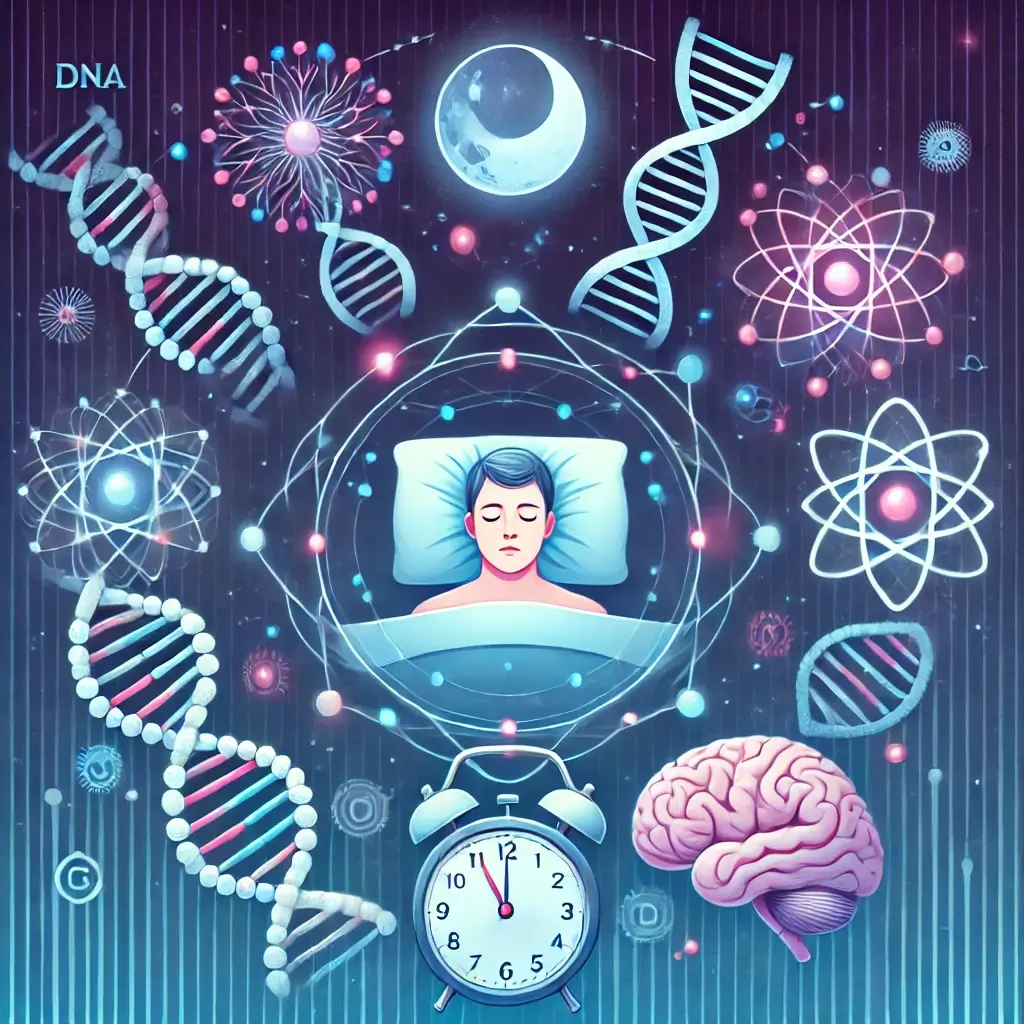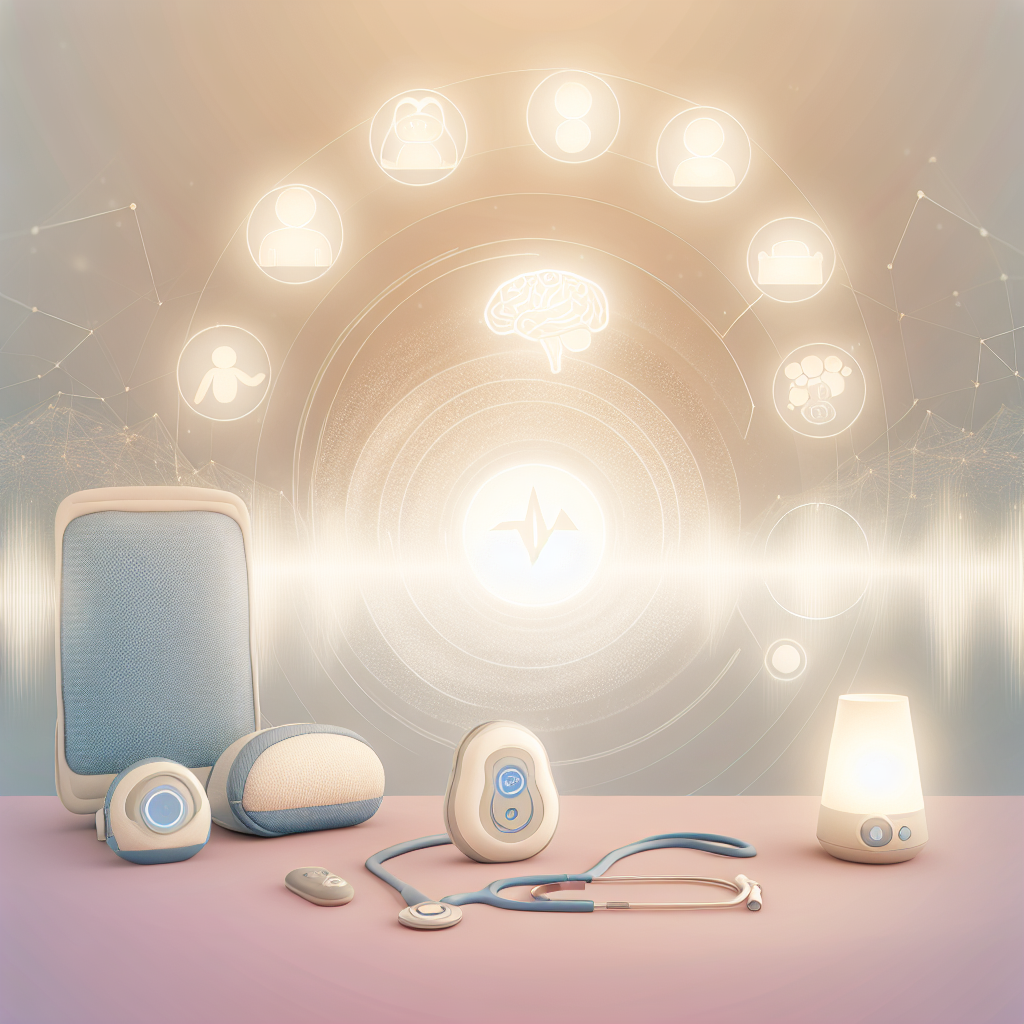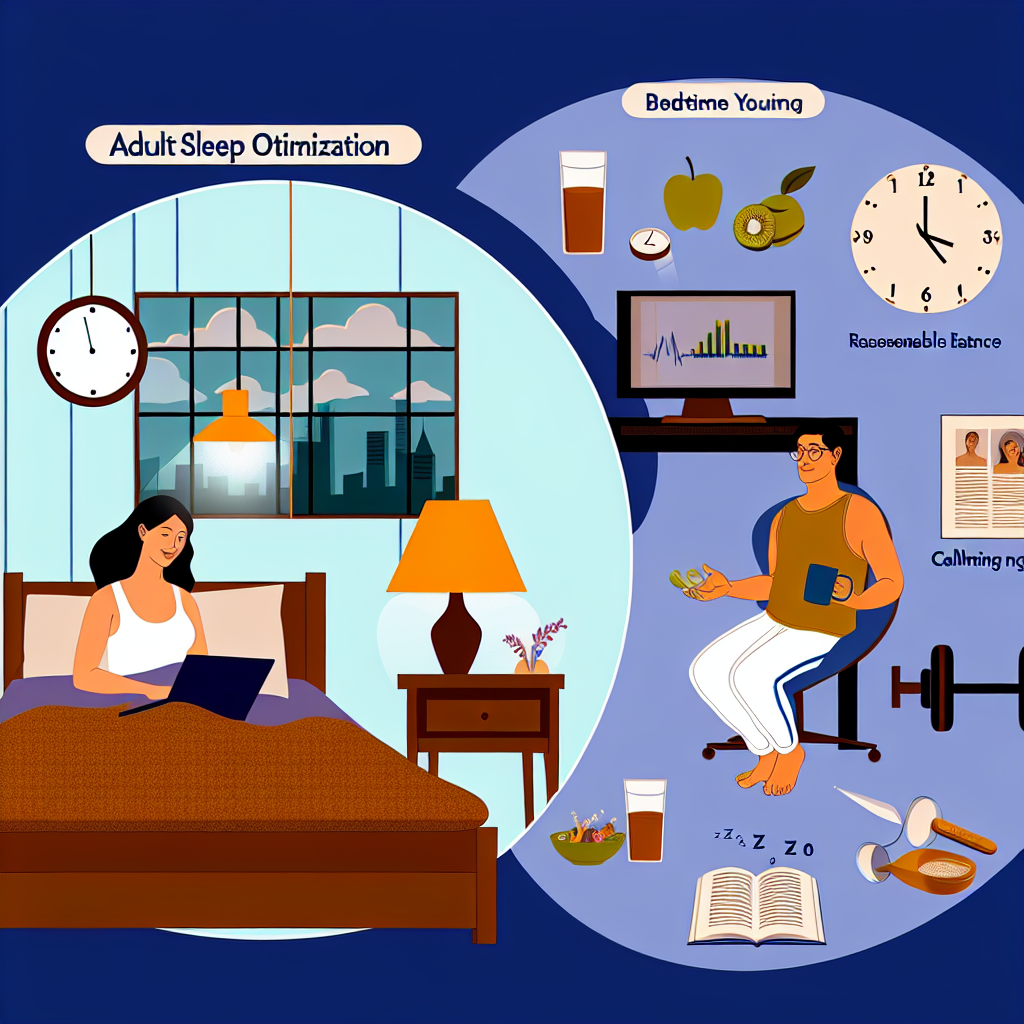Understanding Sleep’s Essential Role
Sleep is essential for survival, deeply tied to both our mental and physical well-being. Despite its importance, countless people find it challenging to enjoy quality sleep. According to the World Health Organization (WHO), nearly one-third of adults worldwide report significant sleep disturbances. These challenges range from difficulty falling asleep to conditions such as insomnia, sleep apnea, and restless leg syndrome (RLS).
While lifestyle factors like caffeine intake, irregular schedules, or stress often take the blame, genetic influences are increasingly coming to light. The connection between our DNA and how we sleep underscores the idea that sleep is not just a lifestyle choice but also a biological imperative shaped by evolution. Recent studies have deepened our understanding of how genetic variations impact circadian rhythms, sleep architecture, and susceptibility to sleep disorders, offering hope for more precise treatments in the future.
The Science Behind Genetics and Sleep
Researchers have uncovered several ways in which genes influence our ability to fall and stay asleep. Here are some notable findings:
The DEC2 Gene and Short Sleepers
In 2009, a groundbreaking study published in Nature identified the DEC2 gene mutation linked to natural short sleepers. Individuals with this genetic variation require fewer hours of sleep—typically 4–6 hours—without negative consequences like fatigue or impaired cognition (He et al., 2009). This discovery suggests that the “ideal” eight-hour sleep standard may not apply universally.
Insomnia’s Hereditary Roots
Insomnia, a condition characterized by chronic difficulty initiating or maintaining sleep, has significant genetic underpinnings. A large-scale twin study in Sleep Medicine found heritability estimates for insomnia to be between 30–50% (Reddy et al., 2013). Genetic variations influencing neurotransmitter systems, such as GABA signaling, are believed to contribute to this disorder, pointing to potential pharmacological targets.
Circadian Rhythm Genes
The circadian rhythm, which regulates the 24-hour sleep-wake cycle, is controlled by genes like CLOCK and BMAL1. Variations in these genes can disrupt the delicate timing of sleep, leading to disorders like delayed sleep phase syndrome (DSPS). A 2017 study in PLOS Genetics detailed how polymorphisms in these genes result in altered light sensitivity and melatonin production, critical for maintaining a healthy sleep schedule (Jones et al., 2017).
Restless Leg Syndrome and Genetic Variants
Restless leg syndrome (RLS), a neurological condition causing an uncontrollable urge to move the legs, also has genetic roots. Research in Movement Disorders identified specific gene loci, including MEIS1 and BTBD9, associated with increased RLS risk. This condition often disrupts deep sleep stages, further impairing overall sleep quality (Sun et al., 2013).
Sleep Apnea and Family History
Obstructive sleep apnea (OSA), marked by repeated interruptions in breathing during sleep, has genetic links, particularly in the structural and functional components of the airway. A study in the American Journal of Respiratory and Critical Care Medicine highlighted the influence of heritable traits such as craniofacial structure and fat distribution on OSA risk (Redline et al., 2011).
Implications for Personalized Sleep Solutions
Understanding the genetic basis of sleep disorders opens avenues for tailored approaches to improve sleep quality. While genes are immutable, lifestyle modifications and medical interventions can help mitigate their effects.
Optimized Sleep Hygiene: Individuals can establish routines that align with their circadian predispositions, such as consistent sleep and wake times and limiting exposure to blue light before bedtime.
Pharmacogenetics: Medications targeting specific genetic pathways are emerging. For instance, drugs that modulate GABA activity may be particularly effective for genetically predisposed insomniacs.
Future Therapies: Advances in CRISPR and gene-editing technology may one day allow us to correct problematic mutations linked to sleep disorders.
The Future of Sleep Research
The link between genetics and sleep quality offers profound insights into the nature of human health. While lifestyle factors remain influential, genetic research has illuminated why some individuals are more prone to sleep disturbances than others. As science progresses, the potential for personalized sleep treatments tailored to one’s genetic profile grows increasingly realistic. Until then, combining proactive strategies with an understanding of genetic predispositions can help improve sleep outcomes and, consequently, overall quality of life.
References
He, Y., Jones, C. R., Fujiki, N., Xu, Y., Guo, B., Holder, J. L., Jr., Rossner, M. J., Nishino, S., & Fu, Y. H. (2009). The transcriptional repressor DEC2 regulates sleep length in mammals. Nature, 458(7240), 554–559.
Reddy, H. H., Sun, Z. S., Hudson, R., Roth, T., Jones, C., & Kales, V. A. (2013). Short sleep duration and the risk of insomnia and related sleep disorders in middle-aged adults. Sleep Medicine, 14(2), 168–173.
Jones, C. R., Huang, Y., Ptacek, L. J., & Fu, Y. H. (2017). Genetic basis of human circadian rhythm disorders. PLOS Genetics, 13(2), e1006570.
Sun, Z. S., Berger, W., Hudson, M., Roth, C., & Kales, J. (2013). Restless legs syndrome: Genetics, heritability, and future approaches. Movement Disorders, 28(8), 1146–1155.
Redline, S., Tishler, P. V., Hans, M. G., Tosteson, T. D., Strohl, K. P., & Pack, A. I. (2011). Genetic and heritable risk factors for obstructive sleep apnea. American Journal of Respiratory and Critical Care Medicine, 179(2), 134–145.





